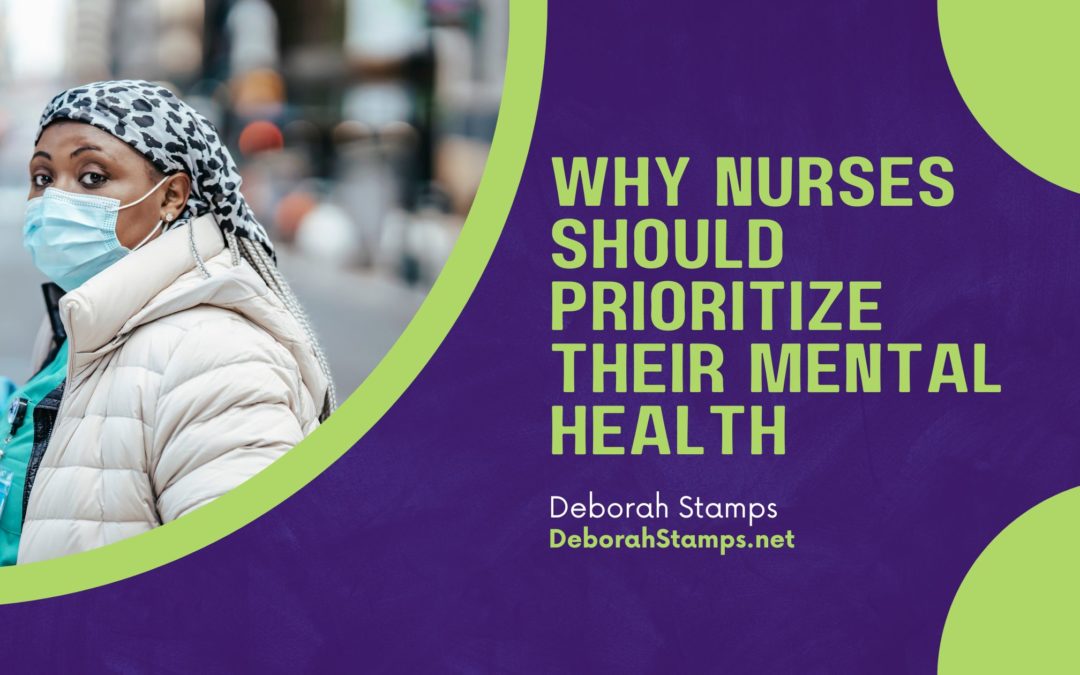Healthcare workers have been at the forefront of the pandemic. Even before that, they constantly lived under the strain of perpetual stress. This is especially true for nurses, who frequently deal with the public, making stronger connections with their patients.
In recent years, we’ve only begun talking more extensively about healthcare burnout and the need to prioritize mental health in the medical field. This is something that cannot be overstated. Nurses, alongside all other medical professionals, need to prioritize their mental health. This can sometimes feel like an uphill battle, but it is critical to handle.
Prolonged Stress
Prolonged stress is never good for the mind or the body. It can lead to burnout, physical ailments, and worse. If the stress lingers, it can create permanent concerns, especially those surrounding the heart. There are a variety of stresses that nurses may experience, the most common being heavy workloads, long shifts, health and safety concerns, patient mortality, workplace bullying, racism, and COVID-19.
Unfortunately, this stress comes from multiple fronts. Nurses often deal with the stress of work, the healthcare system, handling impatient patients, and even financial pressures. Worse, it isn’t uncommon for nurses to deal with bullying and sexual harassment.
This highlights the importance of knowing when it is time for a break. Alternatively, nurses should feel comfortable seeking help as needed. Support can come from leaning on coworkers and working as a group to survive. Or it can come from a mental health expert willing to listen.
Putting Mental Health First
So, how does a nurse put their mental health first? There are several tactics one can use – and they can be used in any combination. The trick is finding the right combination for you and your needs.
For example, many will find it beneficial to create a calming environment at home. This way, when they are at home, they can entirely leave all work stressors. To create a soothing atmosphere, consider using calming scents (lavender, lilac, etc.), snuggle in a cozy blanket, or keep your room clutter-free.
Alternatively, one could focus on relaxation techniques, such as meditation and mindfulness. It’s only essential to focus on your body’s health by getting the recommended 7 to 9 hours of sleep, eating a balanced diet while avoiding processed foods, and exercising. While many nurses find it challenging to fit in a workout, you can find extra time to exercise by parking at a further location or taking the stairs up or down. These practices have been around for centuries and can lead to a significant change in our mental health.
Remember that little things stack up. This is true for the negatives and the positives. Much like how a million little bad things in a day can create a bad mood, many positive moments can add to something powerful. Give yourself a moment here and there to put your health first. Practice self-care whenever possible. Do what it takes to put yourself first.
Nurses can find resources for their mental health here: The Future of Nursing 2020-2030 Webinar Series – Webinar 3 and Nurses’ Guide to Mental Health Support Services

